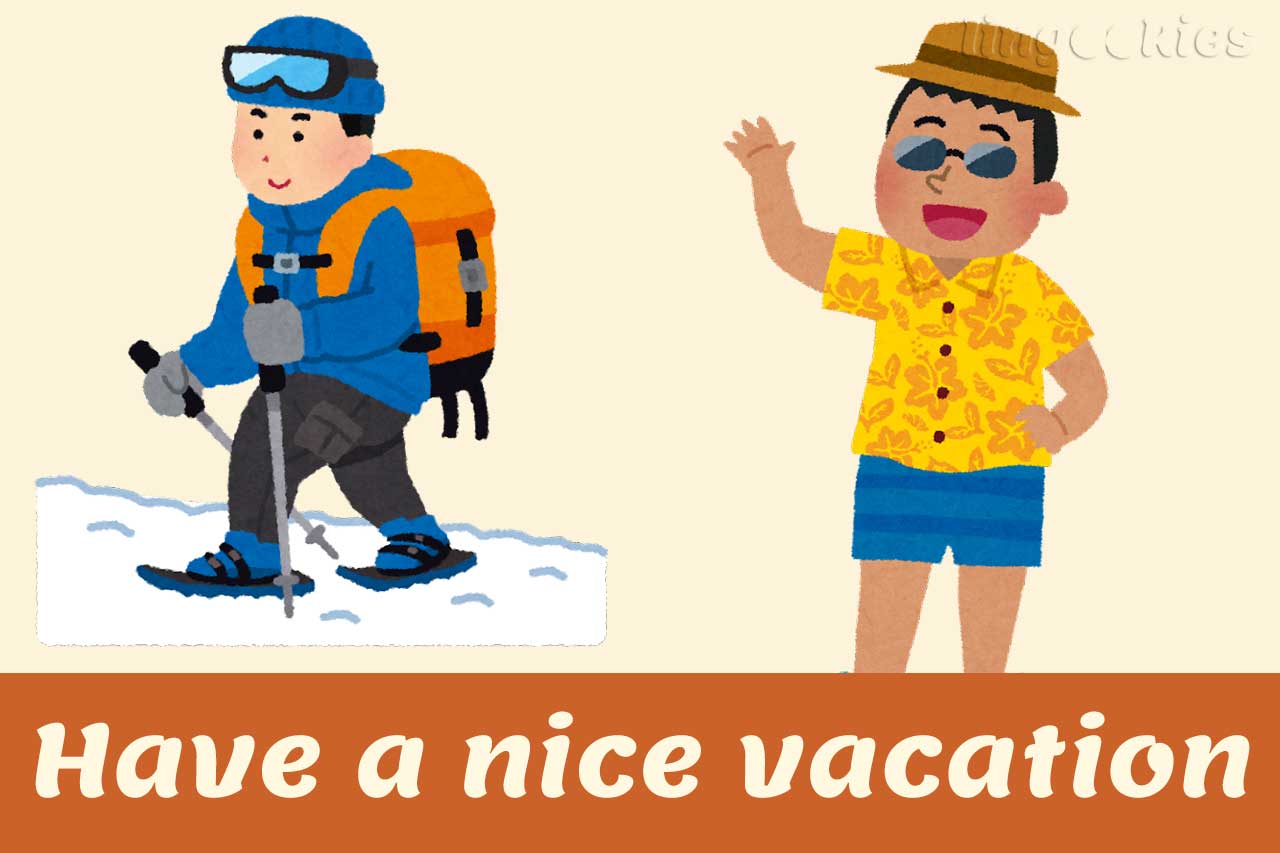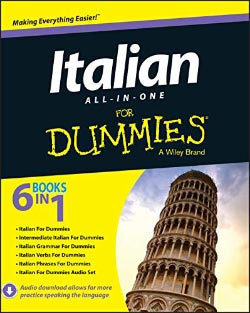How exactly do you say have a nice vacation in Italian?
In this lesson, we’ll take a look at the different ways you can translate this sentence, depending on who you’re talking to. Read on to learn them all!
Let’s get started! Iniziamo!
How do you say have a good day in Italian?
Buona vacanza!
Buona vacanza is how you most commonly wish for someone to have a nice vacation in Italian.
Buona vacanza!
Have a nice vacation!

If you know anything about Italian, you know that buono means good. So why did we change its final -o to -a here? Because vacanza is a feminine noun. All adjectives in Italian are the same gender and number as the noun they are describing.
Buona vacanza, Paolo! Divertiti in spiaggia!
Have a nice vacation, Paolo! Have fun at the beach!
Title: Italian All-in-One For Dummies
Language: English / Italian
Publisher: For Dummies
Pages: 672
Learn to speak Italian like a native? Easy.
Italian All-in-One For Dummies appeals to those readers looking for a comprehensive, all-encompassing guide to mastering the Italian language. It contains content from all For Dummies Italian language instruction titles, including Italian For Dummies, Intermediate Italian For Dummies, Italian Verbs For Dummies, Italian Phrases For Dummies, Italian Grammar For Dummies, and Italian For Dummies Audio Set.
Now let’s see another way you can translate have a nice vacation in Italian.
Passa una buona vacanza
You can also say passa una buona vacanza, which literally means have a nice vacation in Italian. This is appropriate to use with a person you are familiar with.
Passa una buona vacanza!
Have a nice vacation!
(Spend a nice vacation, singular)
This expression uses the verb passare, which can mean to pass or to spend.

To wish for a group of people to have nice vacation in Italian, you can use passate una buona vacanza.
Passate una buona vacanza!
Have a nice vacation!
(Spend a nice vacation, plural)
Finally, you can say passi una buona vacanza in polite situations, such as when saying goodbye to a cashier at the supermarket.
Passi una buona vacanza!
Have a nice vacation!
(Spend a nice vacation, polite)

To spend, as in to spend some time, can also be translated with the verb trascorrere, but you will rarely hear something like trascorri una buona vacanza translated as have a nice vacation in Italian. It’s clunky and a bit formal, so its use is usually limited to very polite situations:
Trascorra una buona vacanza!
Have a nice vacation!
(Spend a nice vacation, very polite)
Vacanza or vacanze?
Vacanza is singular and vacanze is plural. However, the difference between vacanza and vacanze, aside from grammar, is very subtle.
Vacanza has two meanings: it can be used as a translation of “vacation”, as we’ve already seen in the previous paragraphs, and as a synonym for travel, as in…
Sono andato in vacanza in Grecia.
I went on vacation to Greece.
However, vacanze cannot translate “travel” and is only used to translate “vacation”. There is no difference with vacanza in this case.
Buone vacanze!
Have a nice vacation!
Passa delle buone vacanze!
Have a nice vacation! (singular, informal)
And that’s the end of our lesson. Now you know how to say have a nice vacation in Italian in all its forms!
What next?
Now that you’ve seen how to say have a nice vacation in Italian, you might want to keep learning Italian online with these free Italian resources:
❤️ If you liked this lesson on how do you say have a nice vacation in Italian, consider sharing it with your social media friends who are also studying Italian.




